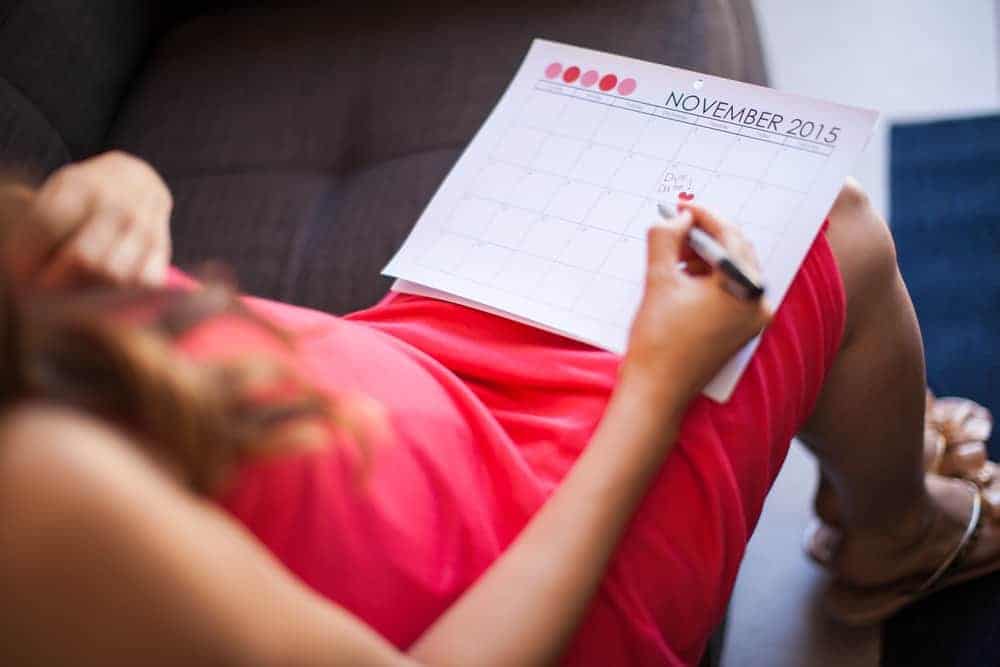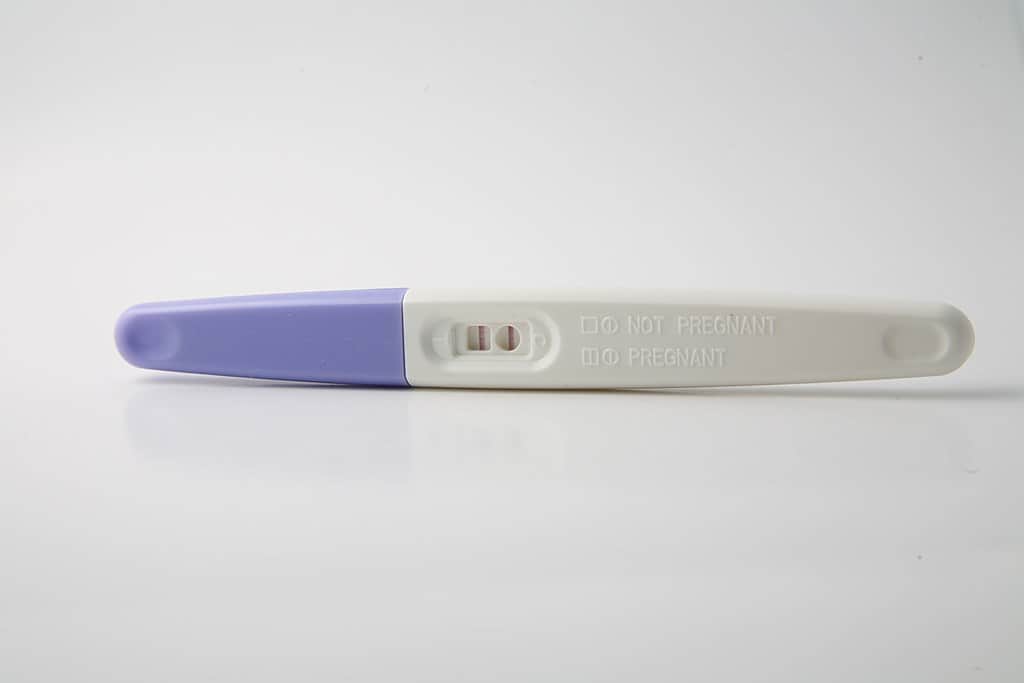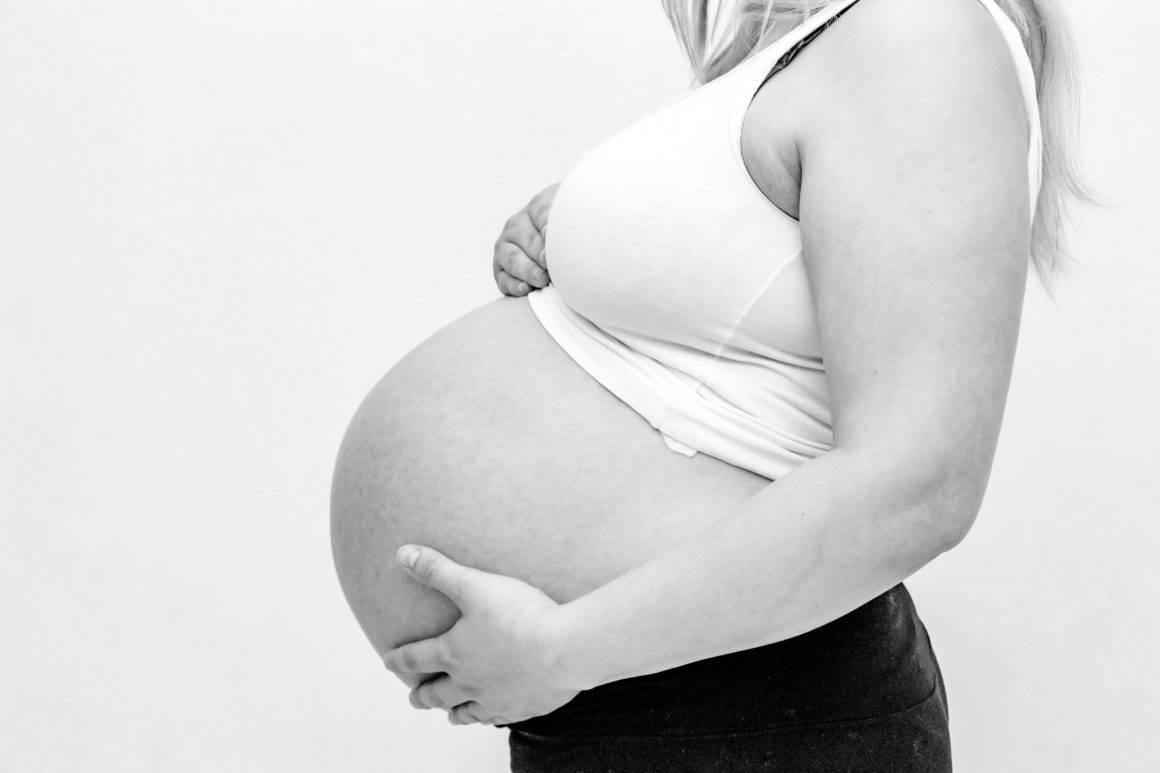If you are expecting a baby, your best bet for getting organised is knowing when he/she will arrive. How can you plan for something if you don’t know when it is coming? It is as simple as that! By knowing your due date, you can find out everything you need to know before the new arrival comes, as well as prepare everything you’ll need in advance.
If you don’t know the date you’ll become a parent; you may not get around to checking everything off your pre-baby to-do list. By calculating your due date, you can get a better idea of when to make certain changes, how long you have to do the things you need to and how much time you have before the arrival of your newborn.

Keep reading to find out more about why it is vital to calculate the due date for your baby to best prepare yourself for their arrival.
Getting the preparations started
Once you receive confirmation that you’re pregnant and you’ve overcome the initial shock and excitement, it’s time to get down to business. That usually means planning whatever you need to do for your health, your baby’s health, your finances and living arrangements before your bundle of joy arrive.
Calculating the date that your baby is due allows you to plan accordingly and gives you an estimate of the time you have to get everything done. In the beginning, you’ll need to find a gynaecologist and midwife that you trust and who work for you in terms of timetables and distance from where you live. Having a better idea of your due date from the start lets you know when to visit the doctor for your first ultrasound, whether this is through the Pregnancy Ultrasound Services in Bloomsburg, or a location closer to you, which should be around week ten.
What’s next and how you can be sure?

Pregnancy can be stressful and even confusing, especially for first-time parents who do not know what to expect or when to plan for things. Once you’ve calculated the due date, you’ll be able to set dates for the right pregnancy-related tests to be carried out.
You should look into childbirth and labouring classes from around four months into your pregnancy. Many courses offer classes of six to twelve weeks, so this gives you just enough time to complete them before coming into what is known as full-term, around thirty-nine weeks, with a few weeks’ margins in case you go into labour early.
Around this time is a good moment to discuss maternity leave with your workplace and inform yourself about your rights when you become a parent.
Halfway there, what’s left?
Once you know you’re halfway into your pregnancy, you’ll have another ultrasound where you should be able to find out the sex of your baby should you wish to know beforehand. This check-up will tell the doctor how well your baby is developing.
From here, you can start deciding on a birth plan, including information like who you want to be present at the birth, how you wish the experience, and whether you would like to be given pain medication or have a completely natural birth. If you don’t already have a support network to help when the baby comes, now is a good time to look into this.
You’re in the home stretch

In the last months leading up to the birth, there will be more tests planned by your doctor, but you still need to plan and organise certain things depending on when your due date calculations tell you to be ready.
Last-minute, important things to remember include preparing your hospital bag and first-time parents looking into infant care. Don’t forget that if you have your car to get home from the hospital, you’ll need to install a baby seat that meets safety standards.
Calculate your way to being prepared
Using a due date calculator can save you the hassle of feeling unprepared and allows you to know exactly when to organise certain things during your pregnancy. Now sit back and wait for the time to come to meet your little bundle of joy for the first time!
